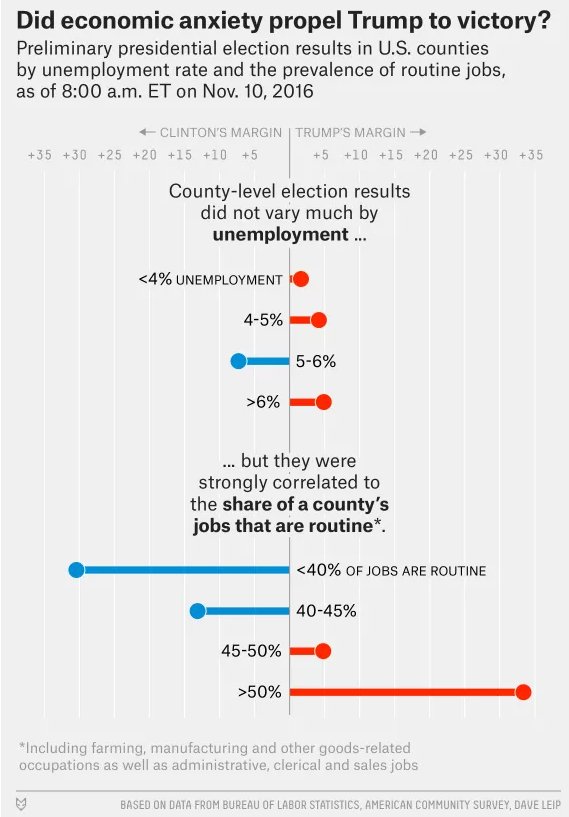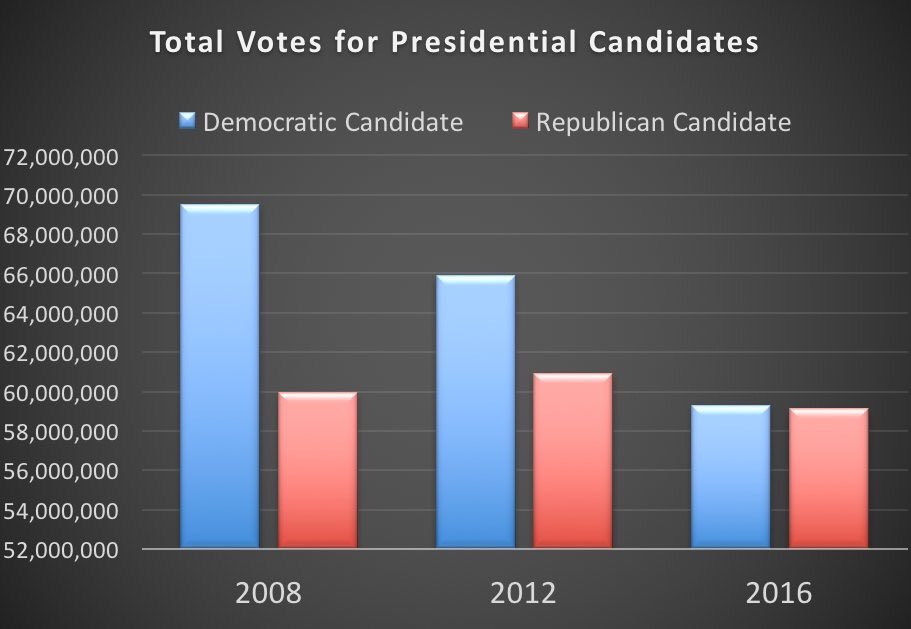Cela fait plusieurs années maintenant que je m'intéresse de très près à l'éducation des enfants et au management. Je suis très heureux de pouvoir commencer à faire entrer ces thèmes dans mon projet de recherche. Je posterai dans le futur de manière plus régulière sur ces questions, notamment en français car un de mes objectifs est d'avoir un impact concret sur les pratiques des parents, des enseignants et des managers.
En attendant, je donne, à l'invitation de l'association des Alumni de TSE, une conférence assez programmatique sur ces thèmes le 8 avril prochain à Paris. Voici le texte décrivant le thème de la conférence:
Les Français sont malheureux au travail, de nombreux indicateurs nous l’indiquent. Comment expliquer que le travail soit pour les Français un lieu de stress et d’angoisse et non un lieu d’épanouissement et de bien-être? Quelles solutions peut-on apporter pour changer cet état de fait? Sylvain Chabé-Ferret défendra sa conviction que le malaise français au travail est le produit d’une interaction néfaste entre deux défiances. D’une part, les entreprises ne font pas confiance à leurs salariés, et leur imposent des pratiques managériales et organisationnelles autoritaires, hiérarchiques et stressantes. D’autre part, les salariés supportent ces pratiques parce qu’ils ne font pas confiance à leur ressenti et à leurs émotions et hésitent à reconnaître leur souffrance et à agir en conséquence. Pour lui, ce divorce entre le ressenti profond des salariés et ce qu’ils s’autorisent à penser, trouve son origine dans une structure psychologique qu’il appelle le Faux-Self. Le Faux-Self est construit dans l’enfance par des pratiques parentales et éducatives répressives de l’expression des émotions et des aspirations des enfants. En combinant économie, psychologie, anthropologie et neurologie, Sylvain nous montrera l’origine du Faux-Self et ses impacts dans la société et sur les actions des individus. Sylvain suggérera ensuite des pistes de pratiques parentales, éducatives et managériales respectueuses du Self et présentera les preuves que nous avons de leur efficacité. Enfin, il conclura par quelques conseils pratiques à destination des jeunes diplômés pour leur permettre de mieux écouter leurs émotions et de suivre leurs aspirations de manière à être plus heureux dans leur job et à contribuer à changer la société en profondeur.
Quelques places sont réservées aux extérieurs. Laissez un message en commentaires pour recevoir une invitation.



